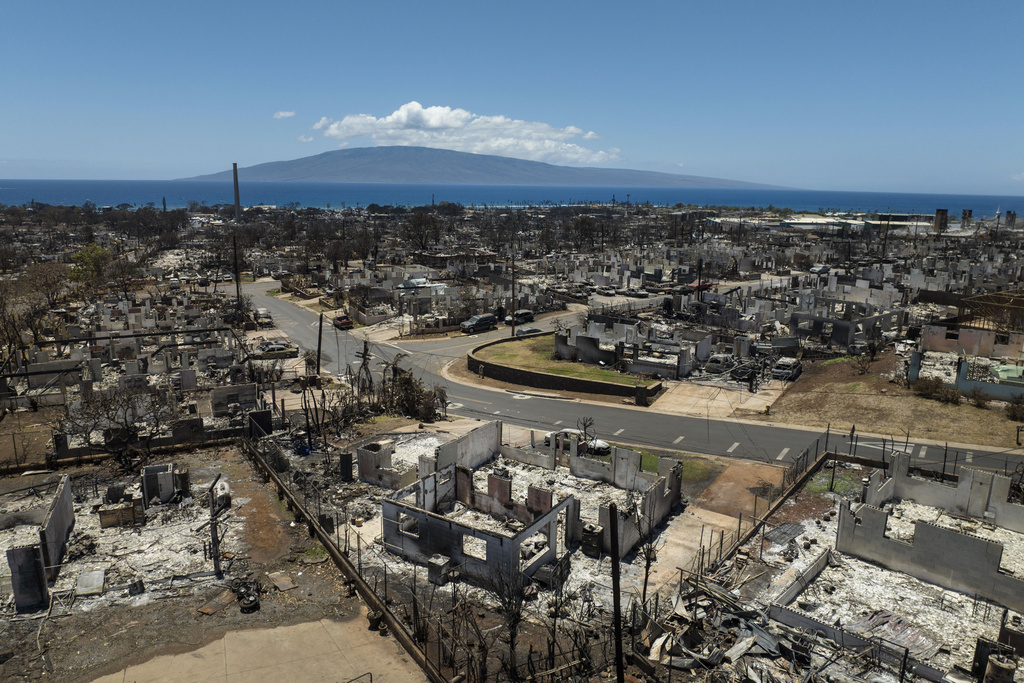The Crisis: Wildfires (wild = ?) Ravage Maui
Over the past several years, the world has watched as devastating wildfires have ravaged various regions, from California to Australia. Recently, Maui has joined the unfortunate list, experiencing a series of wildfires that have displaced families, harmed ecosystems, and taken a toll on the local economy.
While the immediate concern has been to control the fires and ensure the safety of residents, these tragedies also highlight a different type of challenge—the role of media in conveying truth during times of crisis.
Media in Crisis: A Double-Edged Sword
The impact of media during a crisis can be both beneficial and detrimental. On the one hand, responsible reporting can provide critical, life-saving information, direct resources where they are most needed, and keep the public informed. On the other hand, sensationalism, misinformation, or biased reporting can breed panic, sow distrust, and divert resources from critical needs.
The Maui wildfires offer an opportunity for the media to reassess its role in crisis situations, prioritizing accurate, timely, and relevant information over sensationalism and political agendas.

The Opportunity: Truth and Transparency
Fact-Checking
One of the primary responsibilities of any media organization is to provide accurate information. However, during crises like the Maui wildfires, rumors and misinformation can spread rapidly. Media outlets have the opportunity to be the arbiters of truth by thoroughly fact-checking before publishing. Fact-checking should not just apply to their own reports but should also extend to the statements and claims made by public officials, witnesses, and even other media sources.
Providing Context
While it’s important to convey the scale and urgency of the situation, the media also have a responsibility to provide context. For instance, while describing the devastation caused by the Maui wildfires, it is essential to provide information on what is being done to control them, what resources are available for affected families, and how the public can help. Context helps to inform action, rather than merely incite fear.
Focusing on Local Voices
Local journalists and community leaders can provide insights that are often missing from national or international coverage. In the case of the Maui wildfires, local media can offer valuable perspectives on the unique challenges faced by the community, as well as spotlight local heroes and initiatives that may otherwise go unnoticed.
Transparency
Transparency about the source of information and the methods used to gather it can go a long way in establishing trust. When reporting on the Maui wildfires, media organizations can improve credibility by being transparent about their sources and explicitly stating any limitations in their coverage.
Conclusion: A Long-Term Commitment
The urgency and devastation of crises like the Maui wildfires naturally capture public attention. However, it’s essential for media organizations to recognize that their role extends beyond the immediacy of the crisis. Long after the fires have been extinguished, there will be stories to tell—of recovery, resilience, and perhaps even systemic issues that need addressing.
The Maui wildfires offer an immediate opportunity for media organizations to refine their role in crisis reporting, but the need for responsible journalism is a long-term commitment. By focusing on truth and transparency, the media can serve as a reliable guide through both the crises we face today and those we will inevitably face in the future.

Leave a Reply